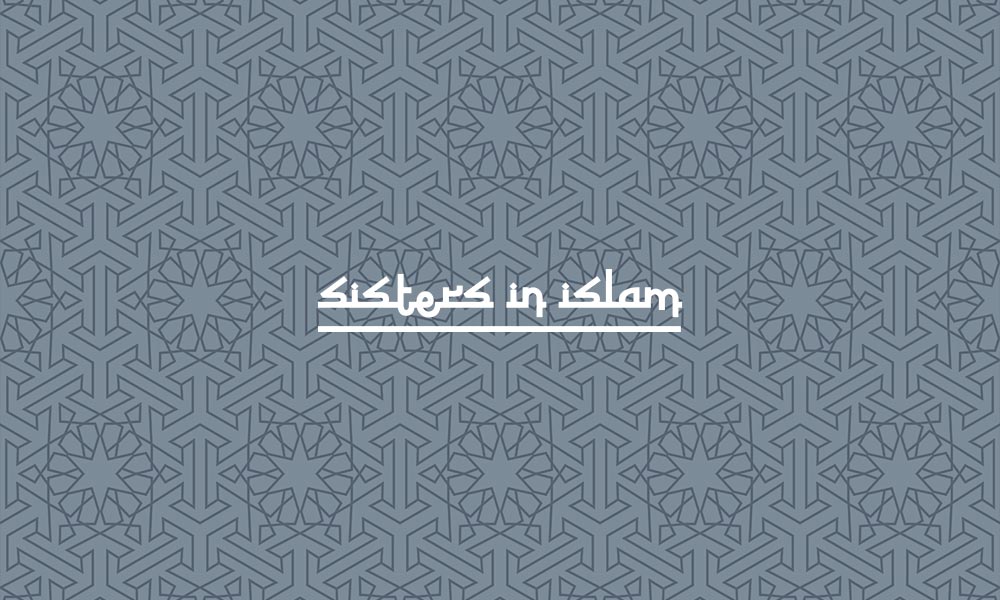Background
On 12 August 2018, two women were found guilty of attempted musahaqah (sexual relations between women) under Section 30 of the Syariah Criminal Offences (Takzir) (Terengganu) Enactment 2001, read in conjunction with Section 59(1) of the same Enactment.
The two women pleaded guilty, and it is questionable if reliable legal representation was accessible to the women in court. LGBT persons have limited access to justice, redress and legal representation due to stigma and preconceived notions on religion, sexuality and LGBT persons.
The sentence that was initially slated to be carried out on 28th August was postponed to 3rd September 2018 due to technical reasons. The sentence will be carried out in the syariah court.
This memorandum looks at 4 areas – syariah grounds, sentencing guidelines, constitutional and legal issues and international obligations.
Syariah Grounds
Qur’anic teachings emphasise repentance, forgiveness and personal transformation, as God is forgiving and merciful. Moreover, the preservation of human dignity is a requirement in Islam, and acts such as whipping has as its main motivation the humiliation and shaming of the guilty party.
There is no consensus in Malaysia on the range of crimes for which whipping is prescribed. Only Terengganu, Wilayah Persekutuan, Johor, Pulau Pinang and Sarawak provide whipping for musahaqah under their Syariah Criminal Offences Enactments.
Sentencing Guidelines
Under normal sentencing guidelines, these two women should not have been given the maximum punishment as
- they had pleaded guilty and were first time offenders.
- the possibility that they were unrepresented is also an important factor in considering if they understood the gravity of the charge proffered on them.
The whipping sentence is also disproportionate to the gravity of the offence committed, especially since there was no violence involved in the commission of the offence. It was meant as a lesson and the sentence in fact increases shame, harm, and trauma to the two women.
When an accused pleads guilty, it is a mitigating factor. Taking this into consideration the sentence meted out the maximum sentences in terms of the fine imposed and number of strokes for whipping.
(Note that in essence, JAG has serious objections to these types of personal and private actions being a crime against the State)
Constitutional and Legal issues
The victimisation of these two women violates constitutional guarantees of equality and non-discrimination under Article 8(2) of the Federal Constitution. Under federal law, a woman cannot be whipped, but under Syariah caning of women is allowed.
- What is the legality of a whipping being conducted in a public court of law?
- Who is authorised and how will the punishment be carried out in a public court of law?
- Can a federal authority execute a sentence of whipping against a Muslim woman when the Prison Regulations 2000 forbids corporal punishment to be applied to a female prisoner (of any age), or a male prisoner who is more than 50-years-old?
International Obligations
Malaysia ratified the United Nations Convention on the Elimination of All Forms of Discrimination Against Women (CEDAW) in 1995, which places a commitment on Malaysia to uphold and respect equality for women.
In March 2018, the CEDAW Committee had recommended Malaysia to “‘harmonise Syariah law with section 289 of the Criminal Procedure Code to prohibit the whipping of women as a form of punishment.”
The Committee also expressed concerns with the growing gap in the rights and protections between Muslim and non-Muslim women, due to varying state Syariah legislation.
Promise 26 of the Pakatan Harapan manifesto states “Make our human rights record respected by the world”. Malaysia has also committed itself to becoming a fully responsive nation with regards to their responsibility in human rights and civil liberties. On July 2, Foreign Affairs Minister Saifuddin Abdullah had pledged for the government to sign six more international human rights conventions and to achieve the global 2030 Sustainable Development Goals.
2 September 2018
